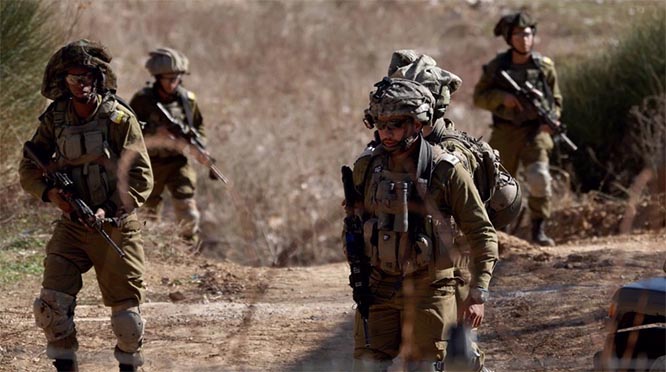Riyadh, Aug 4: The Saudi-led coalition on Friday accused the Houthi militia of carrying out an attack on a hospital and fish market in Yemen that killed dozens of people.
Coalition spokesman Col. Turki Al-Maliki said the Iran-backed group targeted the sites in the port of Hodeidah on Thursday with mortar shells in what he described as a “terrorist attack.”
Initial reports said more than 20 people were killed in the attack which hit near Al-Thawra Hospital — one of the county’s biggest. But the Red Cross on Friday said the series of explosion in Hodeidah had killed 55 with dozens more injured.
Pro-Houthi media accused the Arab coalition of carrying out an airstrike on the hospital, but Al-Maliki strongly refuted the allegation.
“These targets were not from the coalition and the weaponry used was mortars, which are from the Houthis,” he said.
The spokesman presented evidence including pictures he said showed the Houthi mortars used in the attack and maps of Hodeidah showing coalition targets in relation to the location of the hospital.
He said the nearest Houthi position targeted by the coalition on the day of the hospital attack was a weapons storage facility 7.5km from the hospital, east of Hodeidah. A day earlier, on Tuesday, the coalition hit a target 2.5km away from the hospital.
Hodeidah, the country’s largest port, is still held by the Houthis. Pro-government forces backed by the coalition were close to capturing the city before pausing the offensive last month to allow UN mediation efforts to continue.
Al-Maliki said the UN had received “incorrect reports from invalid organizations” which had blamed the coalition.
He said the coalition had aways applied the highest international and humanitarian standards in its targeting operations in Yemen.
Earlier, Lise Grande, the UN humanitarian coordinator for Yemen, condemned the hospital attack as “shocking”.
“Hospitals are protected under international humanitarian law. Nothing can justify this loss of life,” she said, adding that hundreds of thousands of people depended on the hospital to survive.
On Thursday, Martin Griffiths, the UN envoy to Yemen, told a Security Council meeting that he had called for talks between the warring parties to take place on Sept. 6 in Geneva.
A Yemeni government official told AFP that the government would attend the meeting although it was “not optimistic” over the outcome.
Al-Maliki said the coalition had always sought to find a political solution, but that the Houthis continued aggression had hindered this.
“We have given them time for a political solution and also, many opportunities,” he said. “We know that 22 million Yemenis have been devastated through this time. However, the real reasons behind the suffering of the people is the coup.”
“The collation shall continue its work to free Yemen and return the Yemeni land to the legitimate government.”
The conflict in Yemen began when the Houthis seized the capital Sanaa in 2014 and forced the internationally recognized government to flee to Aden. The Arab coalition intervened in 2015 to return the country to the control of President Abed Rabbo Mansour Hadi.
Yemen’s war has killed nearly 10,000 people and triggered what the UN calls the world’s largest single humanitarian crisis.
On Friday, the World Health Organization warned that Yemen may be on the brink of a new cholera epidemic and called for a three-day truce to allow vaccinations.
“We’ve had two major waves of cholera epidemics in recent years and unfortunately the trend data that we’ve seen in the last days to weeks suggests that we may be on the cusp of the third major wave of cholera epidemics in Yemen,” WHO emergency response chief Peter Salama said in Geneva.






Comments
Add new comment